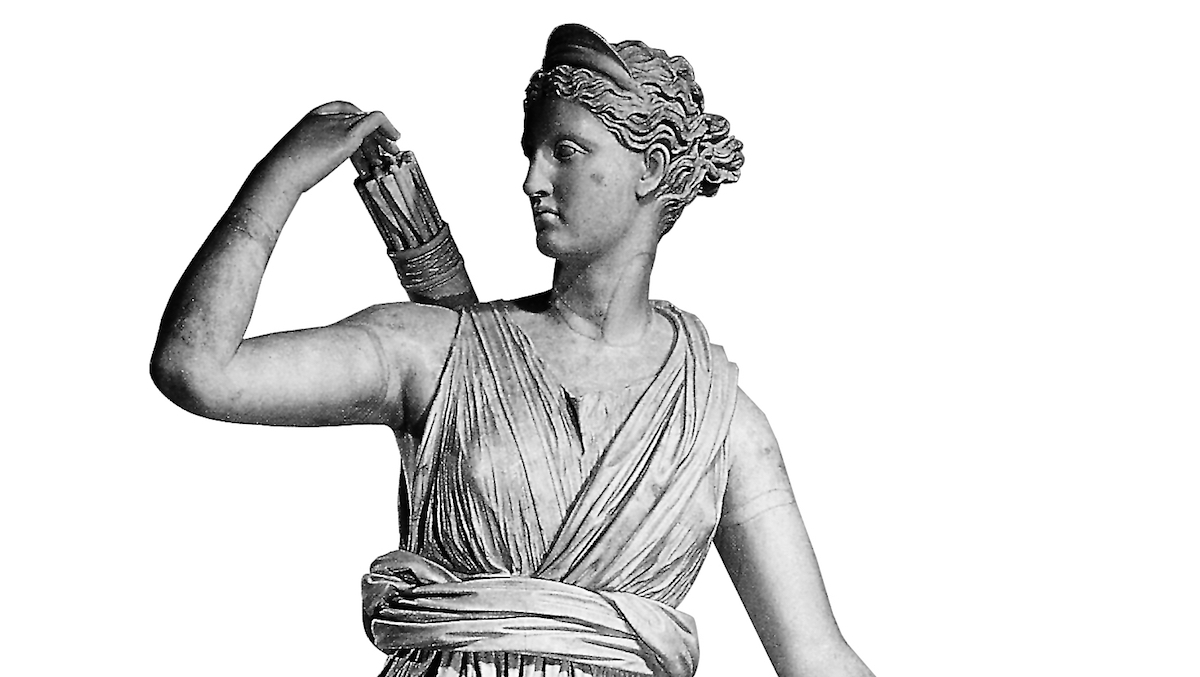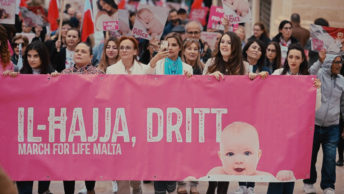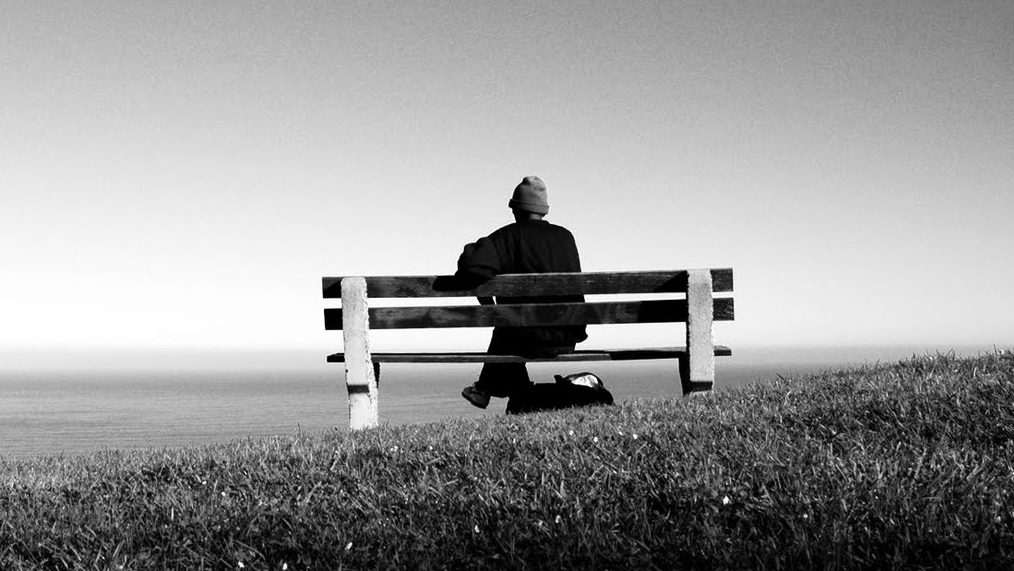Before I learned the timesaving beauties of Google, I used to spend a good deal of time browsing the dusty stacks of our local library. More than not, I would stumble across a gem of a book that had suddenly caught my interest. Sometimes the discovery could be seriously disturbing.
Such was the case many years ago when I quite accidentally stumbled on an unimposing volume, entitled, The Sacrament of Abortion, translated from the French L’Enfant l’Amour, la Mort (1990). It was written by Ginette Paris, a Canadian, whose other works include Pagan Meditations and Pagan Grace.
This clearly indicated to me that her sacrilegious title held a much deeper significance within the context of the abortions battles. I have heard the abortionist lobby quip, if men had babies, abortion would be a sacrament, which is much more blasphemous than it is funny. But this was much different. Here were the actual mothers, raising up their destructive acts to the gods that predated the Coming of Christ.
While reading her thin volume of just over a hundred pages, I was taken back by her animated approach to abortion. The traditional Judeo-Christian code, which has served as the basis for most of our laws, moral constructs and fundamental principles, has been under vicious assault from the left for so many years that so much damage has occurred that her salient arguments might take hold in more than a minority of the population.
Ms. Paris focused her attention on the Greek goddess, Artemis, the archer and hunter. Artemis is an intriguing character in Greek mythology. While her birth to Leto on the isle of Delos was painless, that of her twin brother Apollo took nine painful days. During that time, Artemis nurtured her mother and saw how painful childbirth was for women. Artemis vowed to remain a virgin, becoming the guardian of women becoming mothers, a very apt symbol for the pro-abortion movement.
As a virgin, she belonged to no man and was existentially free to roam the forest in search of her own self. Paris makes the case that a part of the hunter’s mind belongs to the prey because in order to outwit him, she must know him intimately. In a word she must learn to think about her pray. There is a love bond created between the hunter and the hunted because the former needs the latter for her own nourishment. In true feminist form, Artemis was a pagan Goddess, and yet she is the personification of absolute values, of purity at any price, a quality that leads inevitably to martyrdom.
There is an internal paradox involved here. The Goddess who hunts the animal she protects must be seen in this context…. We must realize that she loves the animal she pierces with an arrow. It is precisely this oxymoronic context that the author creates so as to logically reason why for a mother to kill her unborn child would be a heroic thing. Even more so, it has the sanctity of a sacrament.
As Artemis may kill a wounded animal rather than allow it to limp along miserably, so a mother who wishes to spare the child a painful destiny… There is nothing more cruel than the suffering of children…it is not immoral to choose abortion.
There is an underlying rationale to her arguments that does not bode well for the moral health of the country. She concludes that is simply a new kind of morality, albeit a pagan one. Ms. Paris reasons that abortion is a maternal heroic act. Her abortion is out of maternal love. It is a mercy killing that elevates her act to the level of a pagan sacrament. It is a personal sacrifice, a love offering to Artemis. This sacrifice of abortion certifies the gift of life is pure.
It is not surprising that martyrdom plays a significant part in Paris’ pagan theology. She has a twisted idea of sacrifice. To her, the idea of sacrifice is not of self as in the case of a real martyr laying down his or her life for faith or virtue, but the coerced sacrifice of her baby within.
To Paris, the sacrifice of young men on the field of battle and that of Christian martyrs and even Jesus on the Cross, which she persists in calling a myth, is morally equivalent to a mother sacrificing her unborn child because she can not bear to think that it might suffer under her incompetent hands. In this pagan scenario euthanasia and abortion have married on an altar of death.








